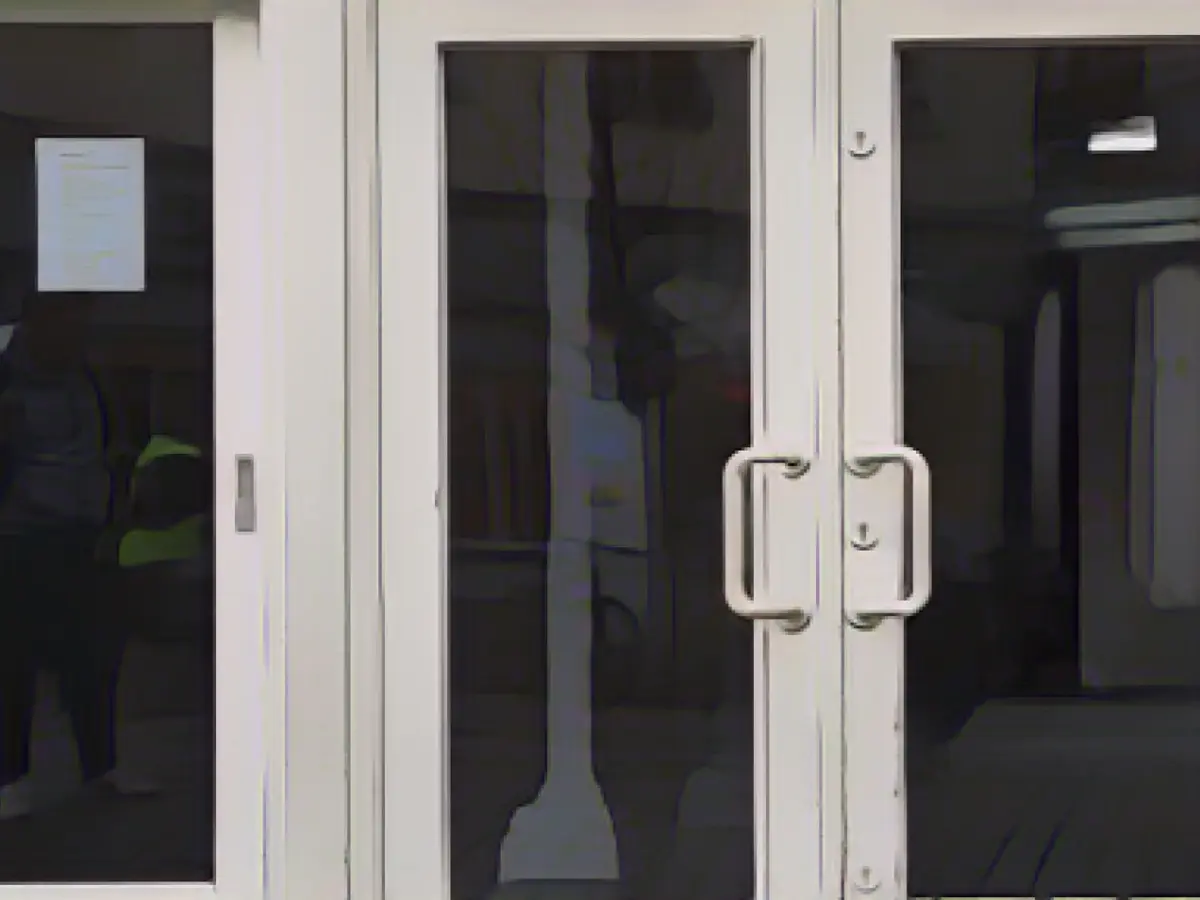School Community Divided by Söder's Gender Ban Proposal
Mark Söder's declaration of a gender ban in Bavarian schools and administration has sparked controversy and criticism from education associations. Michael Schwägerl, chairman of the Philologists' Association (bpv), is against the "strict ban on new spellings", stating that it could lead to further division in the school community. Ulrich Babl, head of the Realschullehrerverband (brlv), rejects a gender requirement, but maintains that gender is not a significant issue within Bavarian secondary schools.
Söder's initiative caught Education Minister Anna Stolz (Free Voters) off guard. She pledged to examine the need for change, emphasizing that their aim is to find reliable regulations for all parties involved. The Bavarian Parents' Association shows no interest in Söder's remarks, considering them a political jab against the current government.
In his first statement since the new term, Söder announced the ban on gendering in schools and administration. This move follows suit with some other federal states that have rejected gendered language in classrooms, such as Saxony and Saxony-Anhalt. Martin Löwe, state chairman of the parents' association, criticizes Söder's announcement as symbolic, as no sanctions for non-compliance have been announced.
Despite the pushback, Soder receives support from his party colleagues. Klaus Holetschek, the state parliamentary group leader, advocates for a clear stance and reflecting the reality of people's lives. Florian Herrmann, head of the State Chancellery, emphasizes the importance of using understandable language in schools and administration.
Söder's proposal has left the education community divided. Critics express concerns about the potential risks of gender discrimination, negative impact on students, and violation of international human rights standards. Professor Judith Görries of LMU Munich points out that promoting a gender-neutral language is crucial to maintaining and improving equality in society.
However, proponents argue that using understandable language is essential to fostering an inclusive environment in schools. They believe that as German is the official language, schools and institutions should adhere to a standard, clear, and concise vocabulary.
As the debate continues, the focus shifts towards finding a balance between fostering a welcoming and inclusive atmosphere in schools while respecting language standards.
Related Articles:
- Education Ministries in several German states have rejected the use of gender-specific terms in schools, following Söder's announcement of a gender ban in Bavaria.
- Schwägerl, the chairman of the Education Association in Bavaria, contends that a strict ban on new spellings could lead to further division and polarization within the school community.
- Babl, the chairman of the Realschullehrerverband (brlv) in Bavaria, agrees with Schwägerl, rejecting a gender requirement in secondary schools.
- Stolz, the Education Minister in Germany, expresses her caution and commitment to finding good and reliable regulations for all parties involved in the gender debate.
- The Free State of Bavaria won support from the Associations of Free Voters, who advocate for using understandable language suitable for reflecting the reality of people's lives.
- Schwägerl and Babl highlight the importance of the use of the German language in Bavarian schools, emphasizing the need for careful use, new forms that treat women and men equally, and adhering to conscious guidelines for language acquisition.
- In a recent ministerial announcement, changes to the official spelling rules introduced at the beginning of the school year were declared binding for all schools in Bavaria, acknowledging constant language evolution. However, it's crucial to understand and examine these modifications appropriately. Source:
Enrichment: The announced gender ban in Bavarian schools has faced criticism due to several concerns, such as the potential risks of gender discrimination, the impact on students, and violation of international human rights standards. The Federal Anti-Discrimination Office (ADS) underscores that these bans may contravene the prohibition of gender discrimination and infringe upon the personal rights of women, intersex people, and non-binary individuals. The ban on the use of gender-inclusive language could create a hostile environment for students who identify as non-binary or transgender, potentially leading to exclusion and marginalization, undermining the inclusivity and diversity that educational institutions aim to promote. Also, these bans may not align with Germany's commitment to anti-discrimination laws and could lead to legal challenges. The criticism further reflects Germany's obligations under international human rights standards, which emphasize the importance of inclusive education and the protection of all students' rights regardless of their gender identity.








